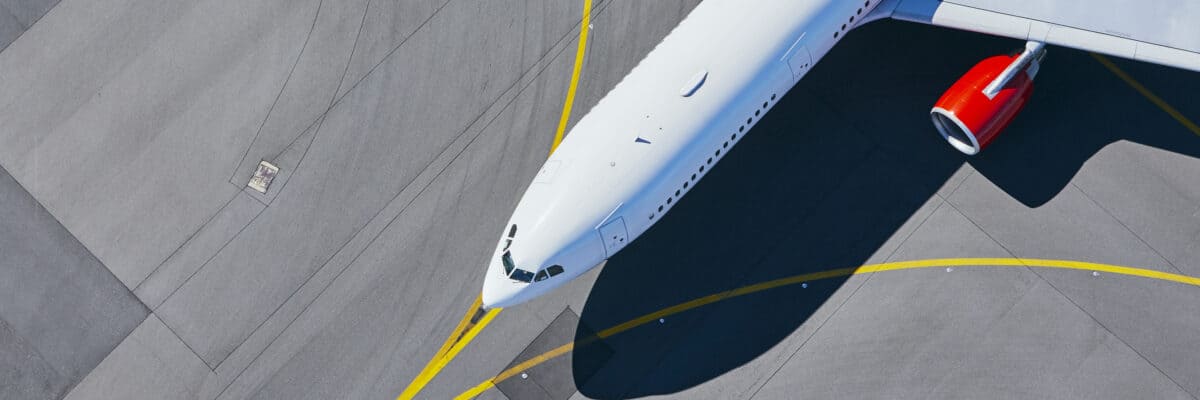
Lufthansa was only the first with the largest aircraft order in the company’s history. In the years to 2031, airlines across the world will order 28,000 new aircraft in order to meet the rapid increase in passenger demand. The problem: To cope with the future order volume, manufacturers require external system partners who can increase their production flexibly and who can deliver on time in compliance with the quality standards of manufacturers and airlines. At present, around 90% of the German aviation industry suppliers have not yet achieved the required degree of maturity. This has been shown in market analyses by Staufen AG. Europe’s largest airline is investing 14 billion Euro in order to renew its fleet with
Boeing long-haul jets (34 aircraft) and Airbus long-haul jets (25 aircraft). Reduced fuel consumption, fewer CO² emissions and less noise are to improve its competitive position. For the manufacturers, the production of these aircraft necessitates new industrialised processes which have to be mastered in cooperation with the suppliers. Even today, approx. 80 percent of all value-creating services are already in the hands of external system partners. The trend is for manufacturers to focus even more on their role as module integrators. In the same way as has already happened in the automotive industry, key tasks such as the deliver capacity, quality control, but also research and development are transferred to external strategic partners. “Suppliers who want to remain competitive in the future have to get their own company prepared to meet ever more stringent requirements,” explains Dr Jens Zimmermann, Staufen AG executive board member. “Future system suppliers have to become more professional in particularly in respect of processes along the value creation chain, such as engineering, purchasing, production and supply chain.”
